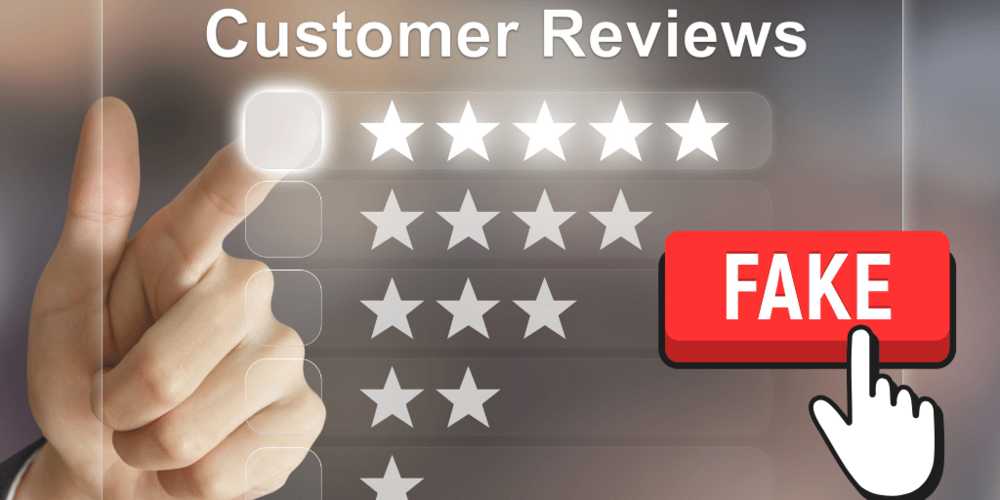
We love reviews because they are therapeutic and help consumers make sense of their experiences (previous post) and give brands a ton of information that can be used to improve future customer experiences and business performance. 91% of shoppers read reviews, and 84% of people trust them (thanks Craig Bleom), which means that we must ensure that the reviews are real.
Thankfully, the Federal Trade Commission has been fighting fake reviews. Back in February, they announced that “the first case challenging a marketer’s use of fake paid reviews on an independent retail website.” Andrew Smith, Director of the FTC’s Bureau of Consumer Protection. “Posting fake reviews on shopping websites or buying and selling fake followers is illegal. It undermines the marketplace, and the FTC will not tolerate it.”
Yesterday (October 21, 2019), the latest settlement with the FTC involved cosmetics brand, Sunday Riley. According to Jon Fingas with engadget, “…ordered employees to post fake reviews on Sephora’s website in a bid to boost sales. Managers and Sunday Riley herself reportedly created fake accounts to post reviews between 2015 and 2017 and urged employees to do the same. They also asked staff to dislike negative reviews to get them pulled, according to the FTC, and even resorted to using VPNs to mask their identities after Sephora spotted earlier fake reviews.”
Thankfully review management technologies take this issue seriously. For example, Trust Pilot has a four-tier approach to dealing with fake reviews. They engage a compliance team, tech team, enforcement team, and help from their community. (source)








